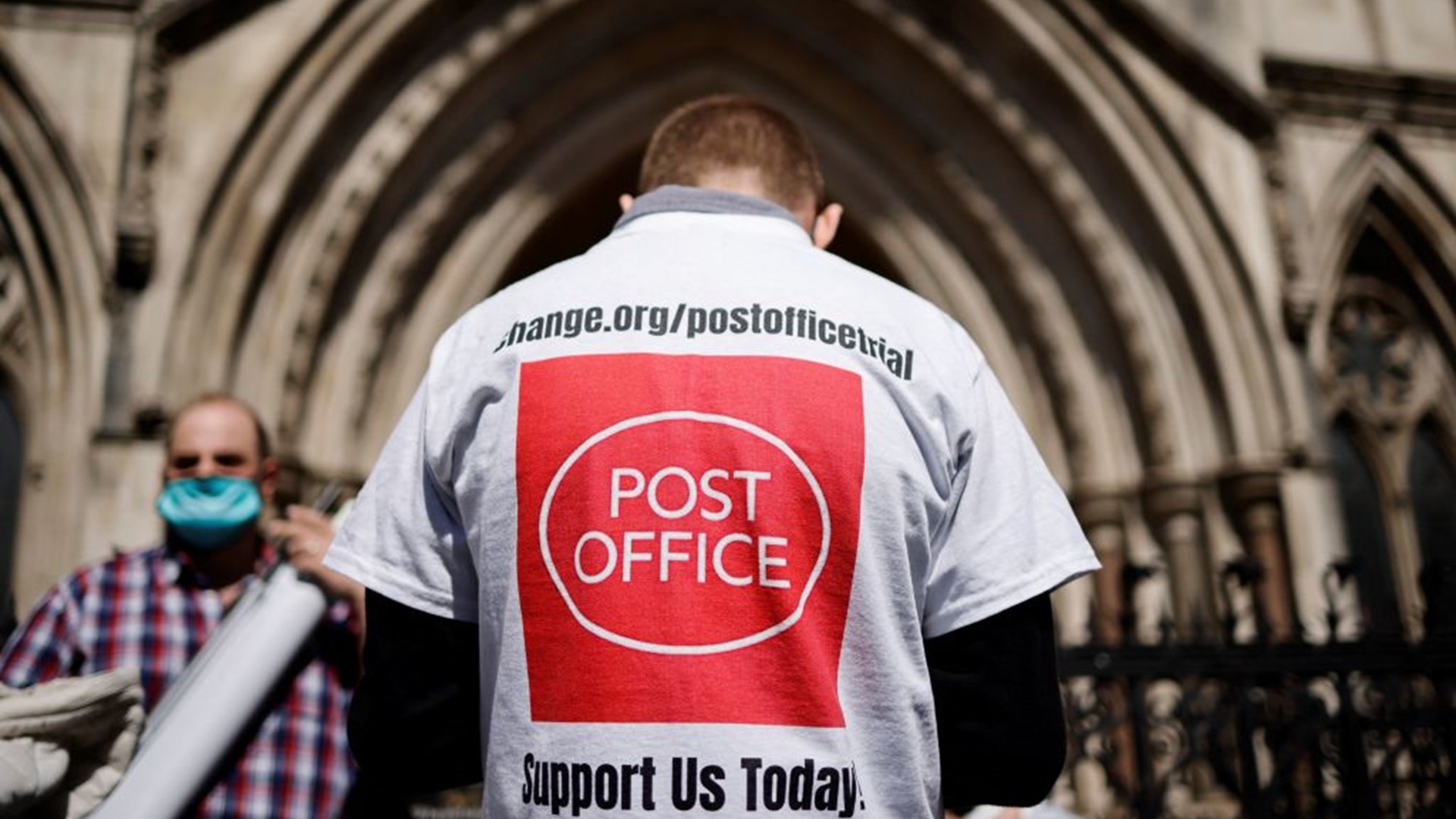Lee Castleton, one of the former subpostmasters, was unable to afford a lawyer and represented himself at High Court in 2007, where the Post Office won. He was ordered to pay costs of £321,000, leaving him bankrupt. But the lived impact did not stop at criminal convictions and financial hardship. The scandal can be linked the deaths by suicide of at least four former subpostmasters, including father Martin Griffifths, whose story was depicted in the ITV series.
Strong policies in line with the EU AI Act are what we ought to be aiming for, as there is currently no UK legislation in relation to the use of AI at work. “There is an urgent need for new laws to protect workers against unfairness and discrimination flowing from the use of technology, including AI, to make important decisions about people and how they work. This is why the TUC is working on an AI and Employment Bill. The government must not delay in making sure workers are protected when technology goes wrong at work,” says Mary Towers.
If the Post Office scandal has taught us anything, it is that technology must be implemented in the interests of workers, and that workers must be listened to when they have concerns. Artificial intelligence has come to the forefront in the past year, with many workers expressing fears over how these tools will impact them at work. The SAG-AFTRA strikes saw the biggest vote to strike in the US-based media union’s history, with Hollywood stars demanding that employers proceed with caution when it comes to AI.
Technology at work ought not to make our work lives more stressful, but should be designed with workers wants and needs in mind. “The best way to ensure safety – and indeed productive optimisation – in this area is to involve workers in technology decisions at every step,” Will Stronge, director of think tank Autonomy, tells The Big Issue. “Scoping out for a moment, we as a society need to consider concrete ways in which tech can lead to a better world, and not just to greater profit margins. AI holds this potential: a world of more free time, less drudgery and with planetary boundaries respected.”
Far too often, digital technology at work is implemented without the consultation of those who will be using it, or subject to it. This often comes as a result of the techno-optimism that dominates our current political climate, where technology is deemed superior to humans. “Horizon was the single biggest automation project in Western Europe when installed. It was too big to fail in the eyes of the authorities. The PFI [private finance initiative contract] cost the country a fortune as the government paid for it as the Post Office was virtually bankrupt and couldn’t afford automation of this scale. Fujitsu would have benefited to the tune of hundreds of millions over the lifespan of the contract which has been for around 25 years now,” says Andy Furey, national officer for subpostmasters at the Communications Workers Union, which now supports more than 300 postmasters.
Eventually, the Justice For Subpostmasters Alliance formed in 2009, with those impacted by the Post Office and its Horizon computer system starting to campaign to expose this injustice. But public outrage following the drama has led to a new wave of solidarity with the workers affected, with more than one million people signing a petition calling for Paula Vennells, former Post Office chief executive, to hand back her CBE. “Postmasters had to be stealing in the eyes of Paula Vennells as she couldn’t for one second accept any flaw in the system. This was the mentality of the PO leadership,” Furey tells The Big Issue.
The scandal has been deemed the biggest miscarriage of justice in British legal history. And with technologies developing at an eye-watering speed, it’s essential that companies strike a balance between prioritising worker job security and safety with improving productivity. Andy Burrows is a tech accountability campaigner who formerly led the policy team at the statutory watchdog for Post Office branches between 2010 and 2016. “The lack of effective governance and external oversight meant that the Post Office had clear incentives to do nothing about an increasingly obvious problem, and to treat the devastating human cost faced by subpostmasters as a mere externality,” he says.
It took less than a week after the final episode of the series aired for prime minister Rishi Sunak to announce an unprecedented law that will overturn all convictions of those affected and offer them financial compensation, revealing what is possible when there is political will. In future, politicians and employers alike ought to listen to workers and trust that the best experts in technology are the users themselves.
Do you have a story to tell or opinions to share about this? We want to hear from you. Get in touch and tell us more









